Opinion | Keeping the Service Industry Afloat: A Case for Tipping
Disclaimer: The following is an Opinion Piece from The Echo’s Editorial Section. An opinion piece is one in which a writer expresses a firmly developed opinion that is supported by study, reasoning, and circumstantial evidence. It’s a writer’s approach of expressing both what they believe and why they believe it. As a result, any opinions stated in by-lined editorials reflect the author’s views, not the administration or student body of GALA.
The scenario is all too familiar: you’re ordering an overpriced latte at a coffee shop, weighing your ungodly creation at a self-serve yogurt store, or picking up a sandwich to-go at a quaint restaurant. Your card is in one hand, your order in the other. That’s when the dreaded Squarespace iPad is turned around, and you’re presented with the option to tip.
Some vociferously refuse to tip for short exchanges where customer service doesn’t tend to extend past a “good morning” as you walk up to the register or a “have a good one” as you walk out the door. Others abide by a strict 20% gratuity. Even more, it’s fair to hypothesize, aren’t sure which button to press, and avoid eye contact with any employee in the store after scuttling away from the menacing four options as quickly as possible. With more and more sellers adding tip options to services that traditionally don’t offer the chance for such extra fees, the complexities and contention over tipping have only grown.
While tipping at coffee shops isn’t anything shockingly new, only recently – in late 2022 – did coffee goliath Starbucks roll out a long-anticipated digital tipping option, prompting mixed reactions from both baristas and buyers alike. Many applaud the change, highlighting how many customers’ quick uptake of the digital tipping system has truly made a difference in employees’ paychecks. Though the system has only been in place since mid-November of last year, Starbucks reports that already more than half of customers employ the digital tip option on credit or debit card purchases. Those not represented in the “more than half” who are happy to tip, however, have complaints. Numerous customers and employees alike point to the awkward nature of having to decide whether or not to tip somebody in front of them, while others ask a simple yet key question: why should the responsibility of fairly compensating baristas for their hard work with an extra dollar or two fall on customers, instead of Starbucks – which reached a total company revenue of $26.58 billion in 2022 – as a corporation?
Thoughts on tipping aside, it’s imperative that worker treatment at Starbucks be seriously considered. There is no reason why, at any multimillion, much less billion, dollar company, workers should be paid close to or at minimum wage. Though Starbucks rolled out a higher wage program in August 2022 that raised the average hourly salary of an employee to just shy of $17, the average national living wage of 2022 – a wage that would cover all basic necessities needed to keep one above the poverty line – was calculated at $17.46 an hour for a full-time adult employee with no dependents, a demographic many Starbucks employees don’t fall into.
Coupled with Starbucks’ robust history of union busting and barely-legal retaliation against union organizers – most recently, it was announced that digital tipping and wage increase programs would only apply to non-unionized stores – there is absolutely a call to be heard for Starbucks to treat and pay its employees more than marginally better.
But, is withholding a tip truly doing anything to help the cause of underpaid, understaffed, and mistreated workers? Or, is it simply punishing employees for having crooked employers?
Tips, even if only a dollar, add up, and do more than make a worker feel appreciated: they can make up for taxes on salary wage, make rising rent and inflated food prices more manageable, and have been found to have a significant correlation with higher employee satisfaction and employment rates. From a purely customer-focused perspective, frequent tips enhance the quality of service that customers are likely to receive, whether or not they themselves tip.
Tips, put simply, give workers the chance to earn closer to a living wage than state laws and stingy employers allow, and in doing so, benefit everybody.
This isn’t to say that tips don’t have their issues, even if we ignore the legal implications of tips that grant clemency to unfair employers. When stores offer an option to tip, many customers see an opportunity to further dehumanize workers, manifesting in lewd remarks and prejudiced comments that it’s assumed must be tolerated for the price of a 15% gratuity on a latte. But, placing the fault of this issue on tips, or worse, service workers, is disingenuous and does nothing to make workplaces safer for women, BIPOC, and LGBTQ+ workers who are so often subjected to such despicable and discriminatory behavior.
I am disgusted by customers who believe that tipping an employee grants them the right to sexually harass a server. I strongly advocate against laws that, state-by-state, allow employers to pay employees less than minimum wage if the difference is expected to be made up in tips. I find it a sign of corruption that no state minimum wage meets the calculated living wage, and that few wealthy corporations have taken it upon themselves to meet the living wage anyways.
Yet, I still firmly believe that tipping – if one has the means to do so – is the right move. If one rebukes tipping because it’s not “earned” by so-called “unskilled labor,” I encourage one to fully consider the constant backbreaking work and aggressive conversations that customer service employees are subjected to by the minute. And, if one strays away from tipping because making a living wage should be the burden of employers, not customers, I’d agree, but point out that individual action does nothing to help minimum wage workers in current society. What we need, to truly respect workers and grant them fair wages, is just short of a new economic system: higher federal minimum wages, lowered taxes on minimum wage workers, and stricter workplace protections, to name a few of many conditions.
The United States should not be a tipping economy. It should be one that mandates workers be paid and protected by their employers, not by the goodwill of tipping customers. In an ideal world, tipping would be a rare show of thanks for exceptional service. But, this isn’t an ideal world, nor is the United States renowned for its fair treatment of the working class. Thus, tipping remains a crucial part of making up for the slack that corporations and the United States government time after time drop when it comes to providing for employees – a separate issue that must be met with forceful legislation and public outcry.
It’s truly not your responsibility to provide for service workers. That doesn’t mean you can’t help.

Maya (she/her) is a lover of historical fiction novels, cherry tomatoes, and all things coffee-related. When not writing, you’ll likely find her debating...



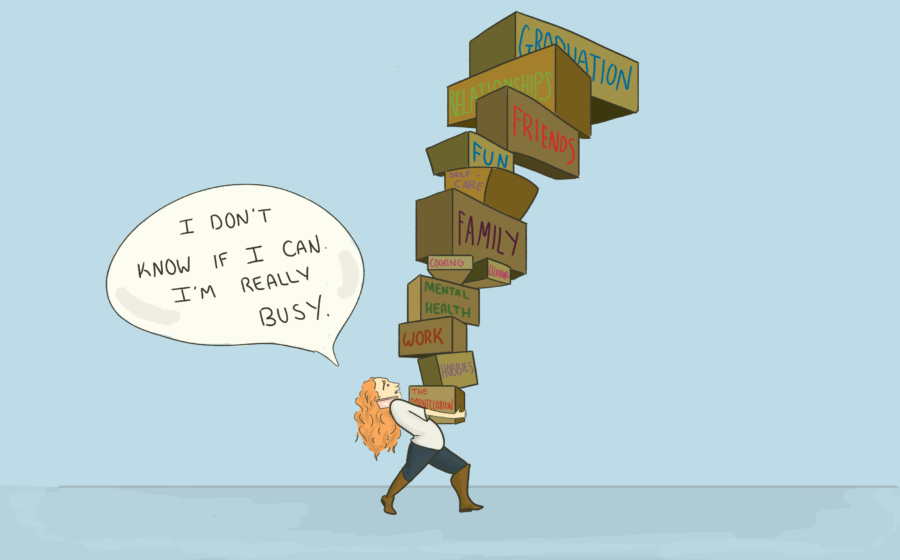
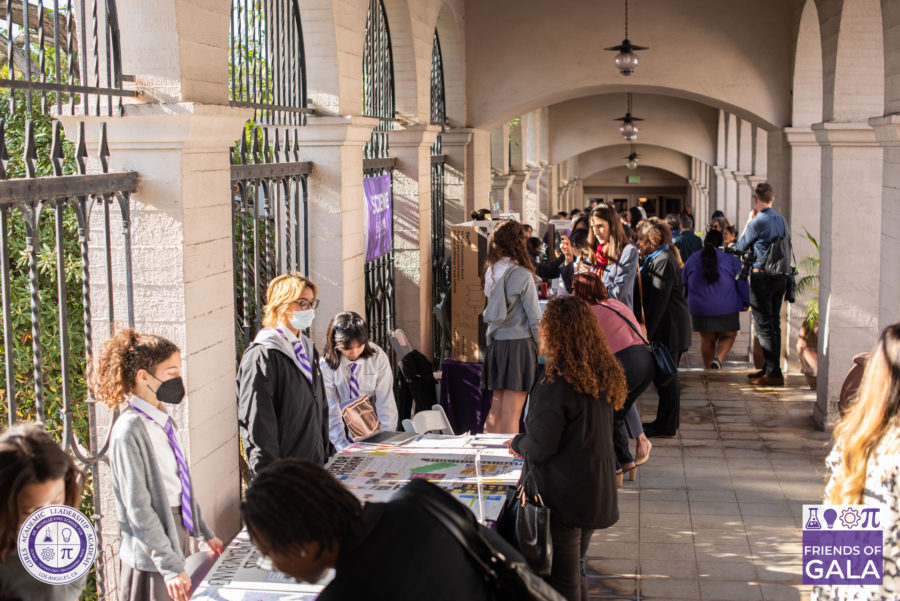

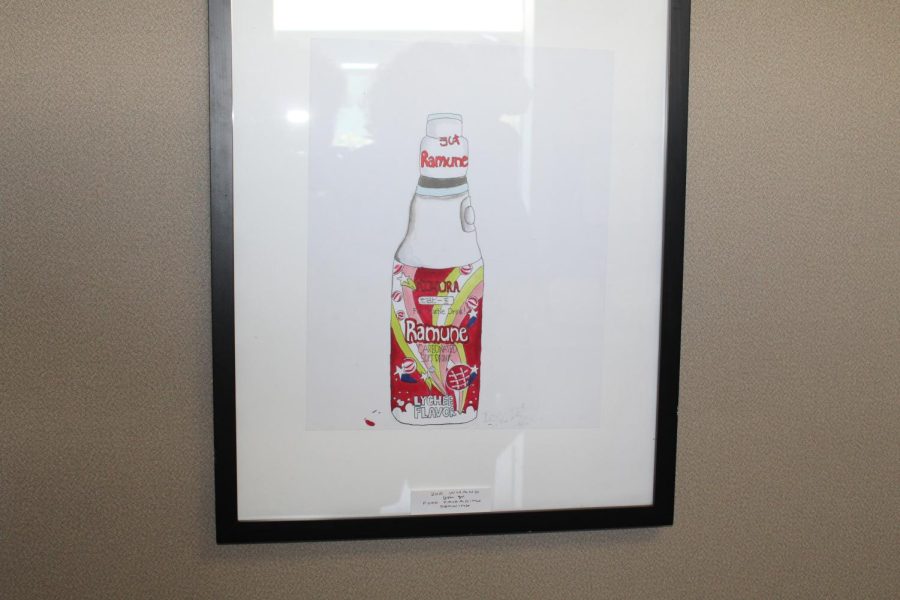

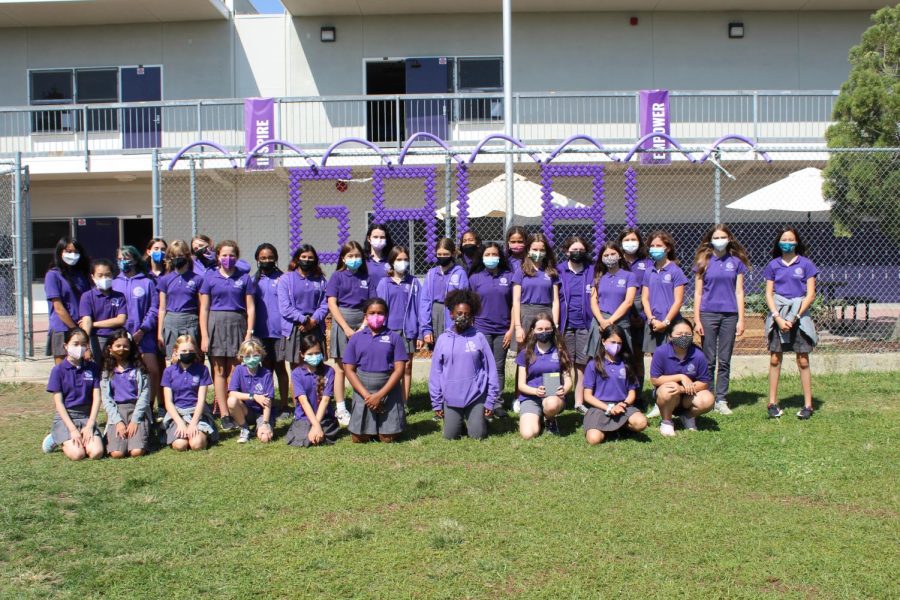





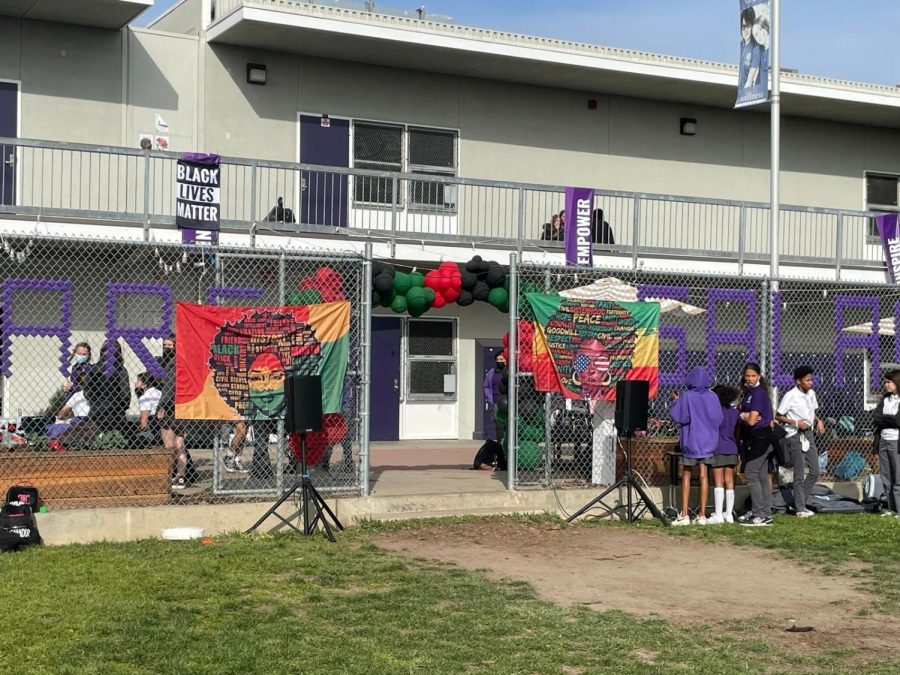
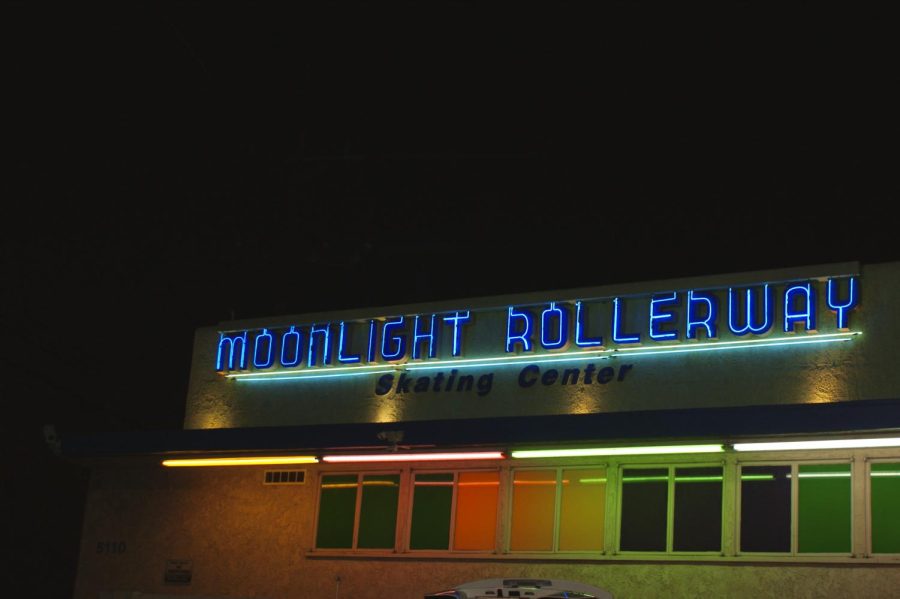
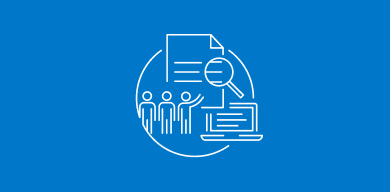
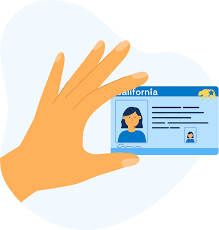
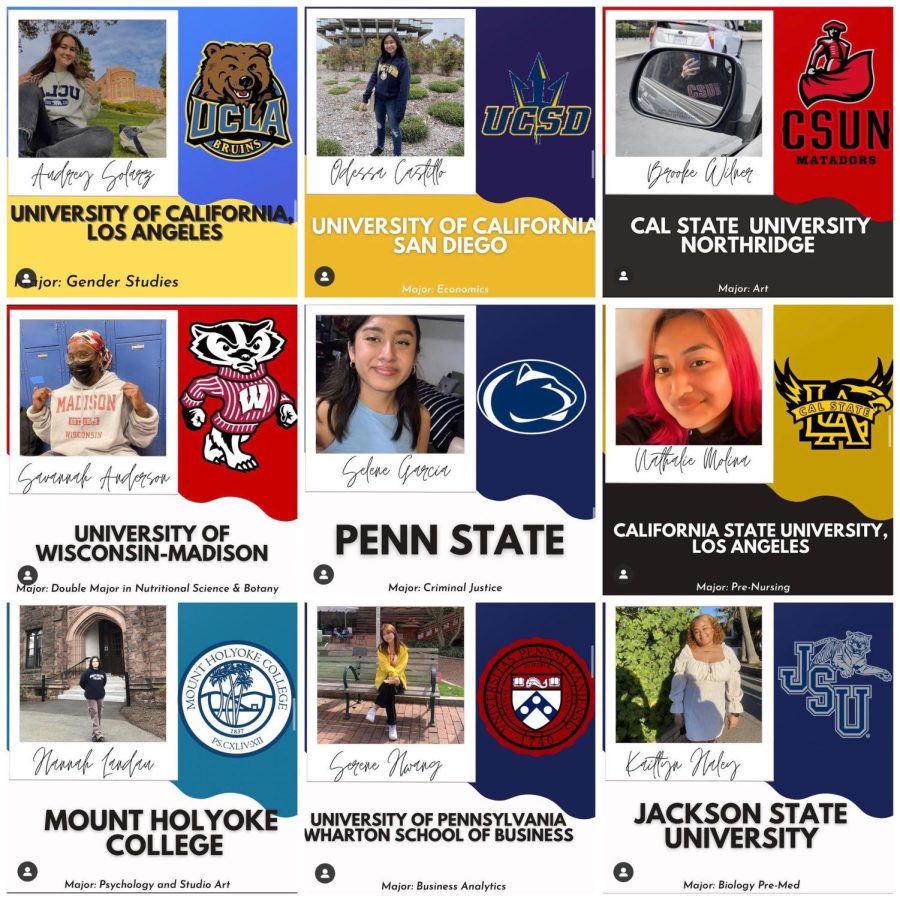










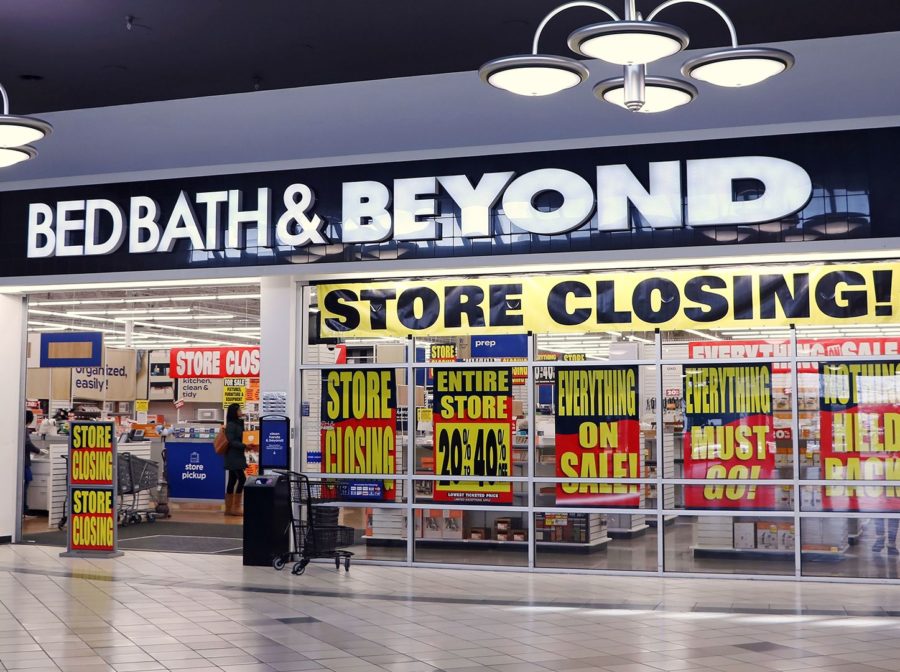


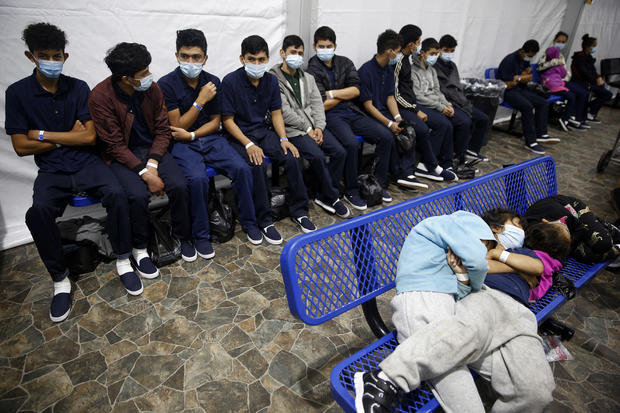


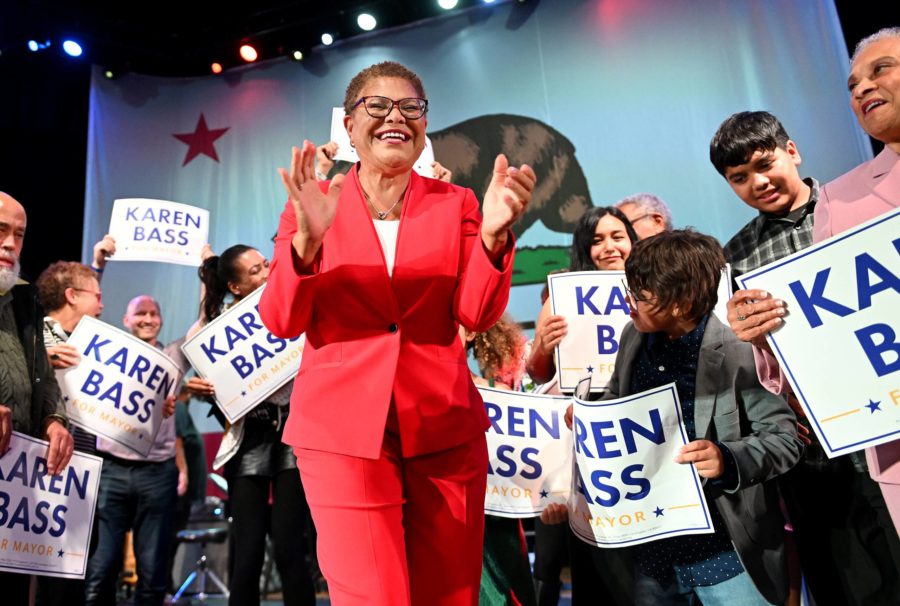



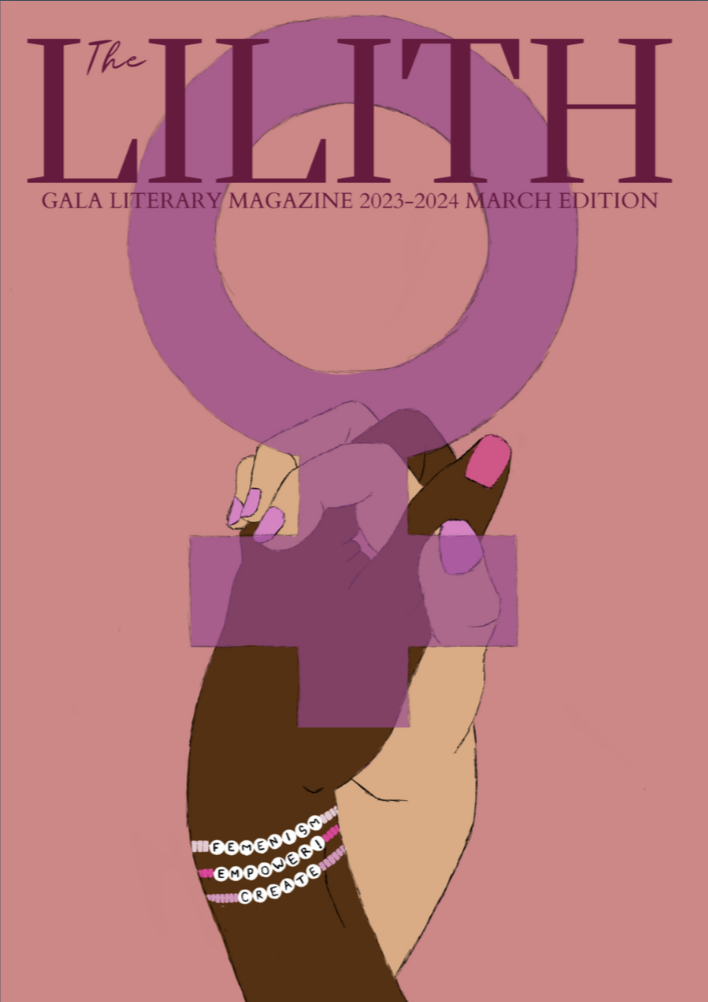

















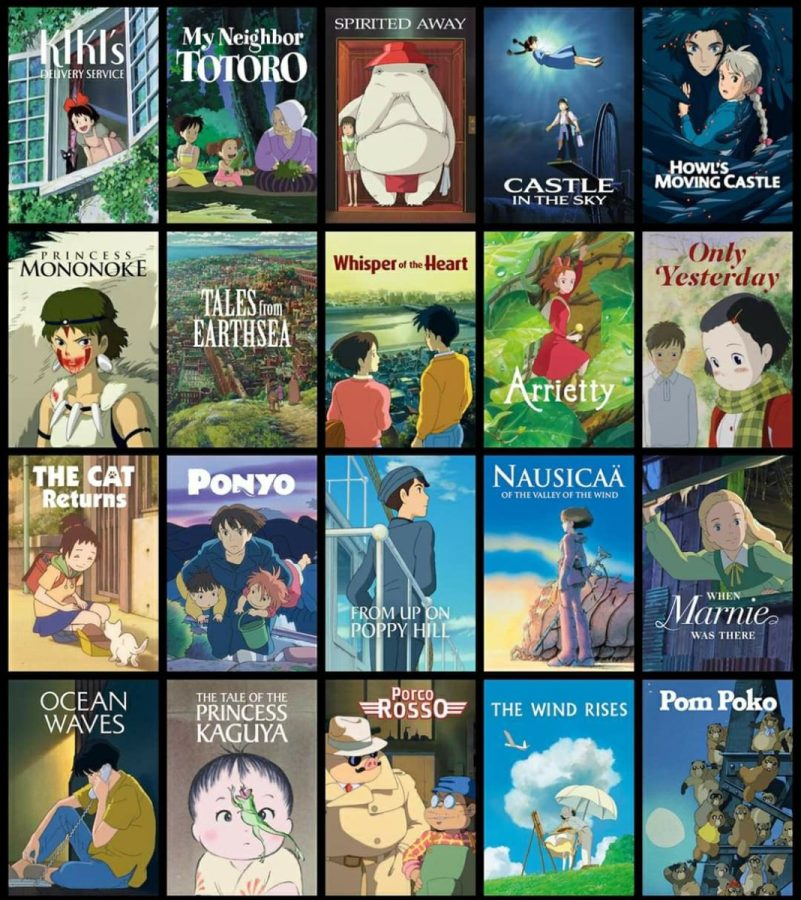
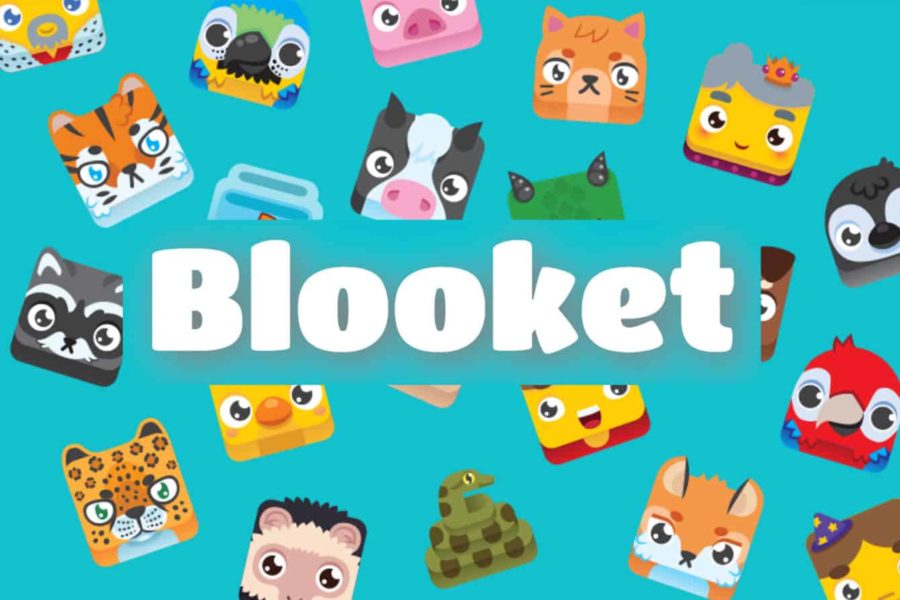





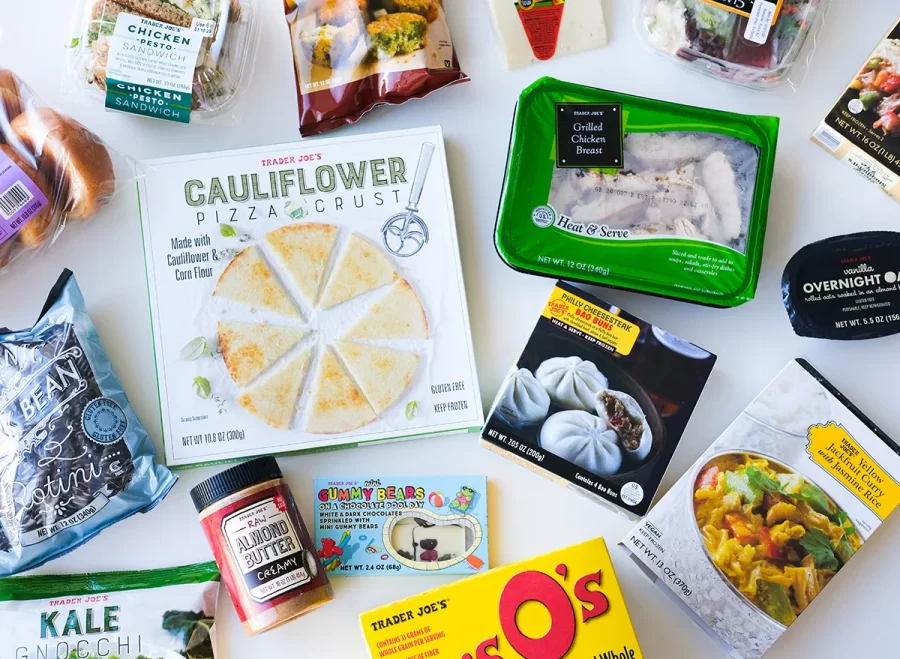


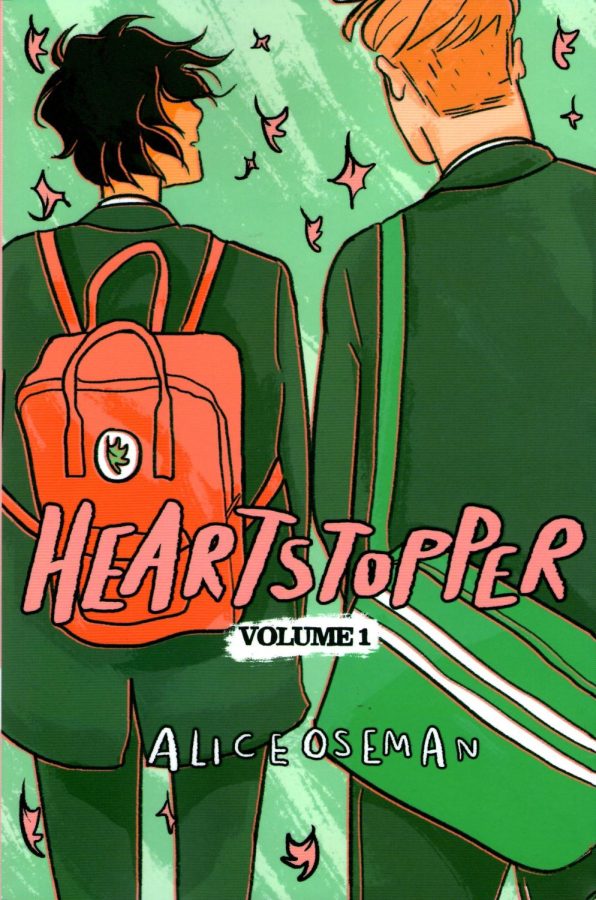




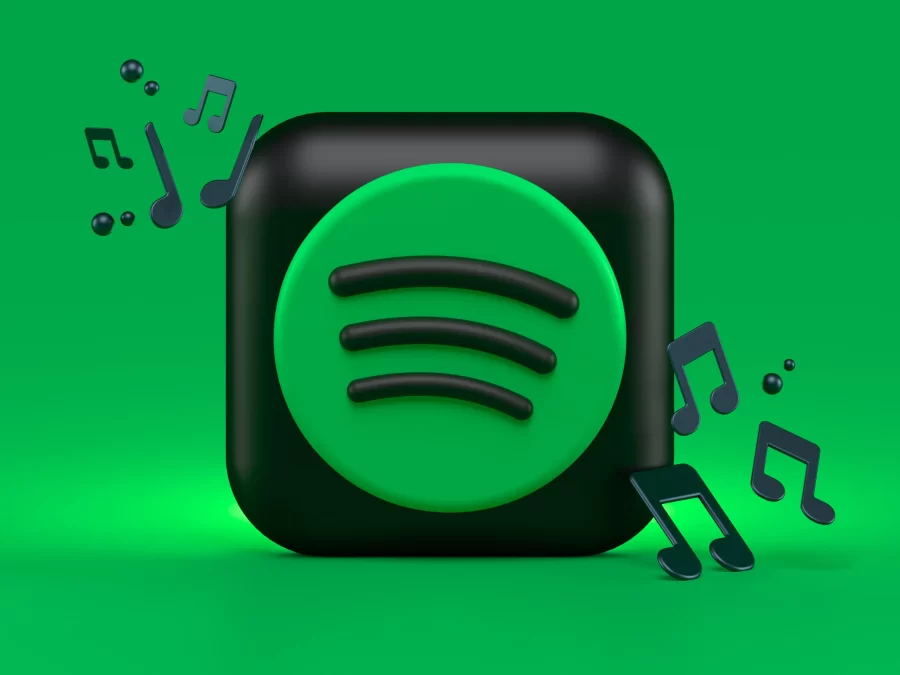



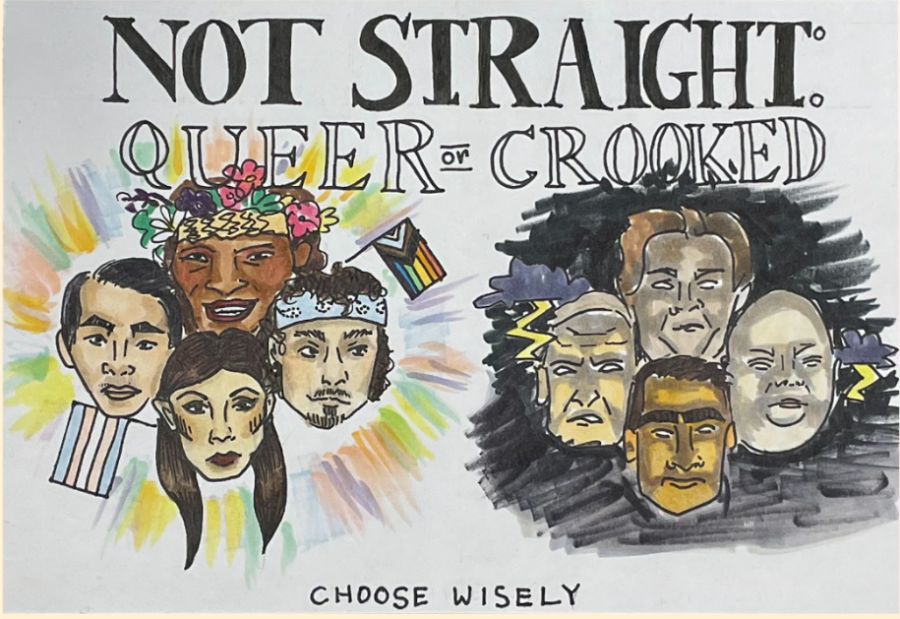


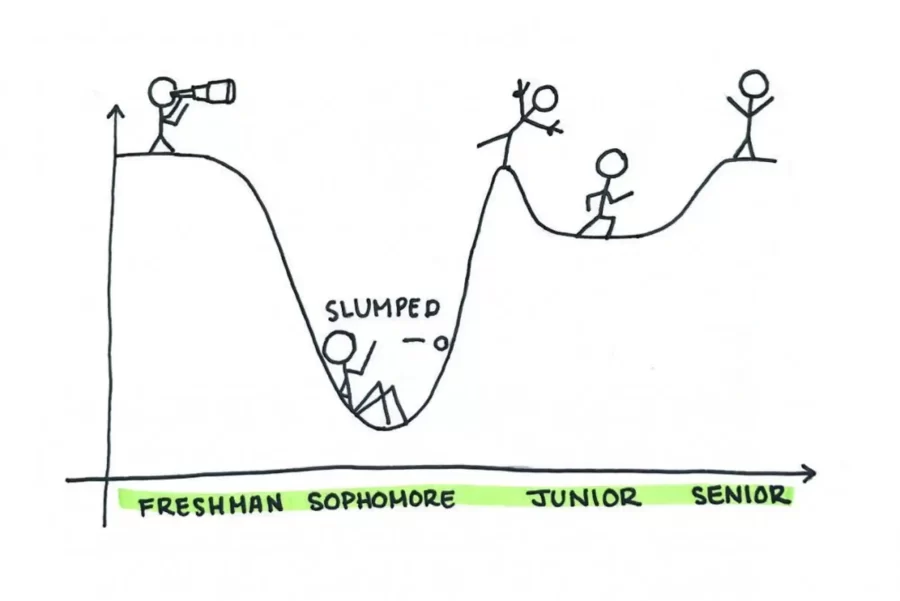



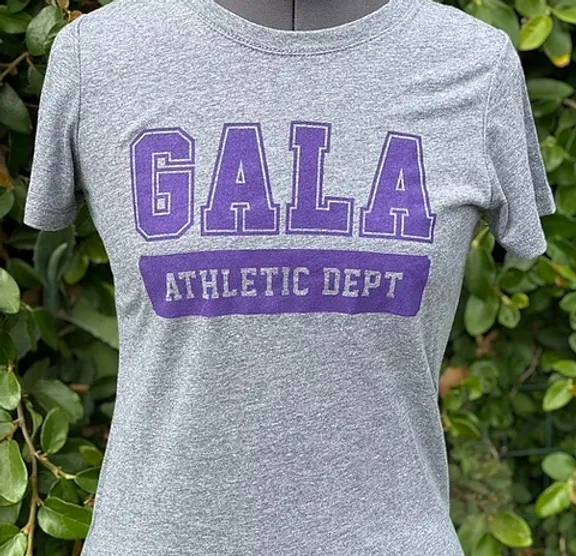


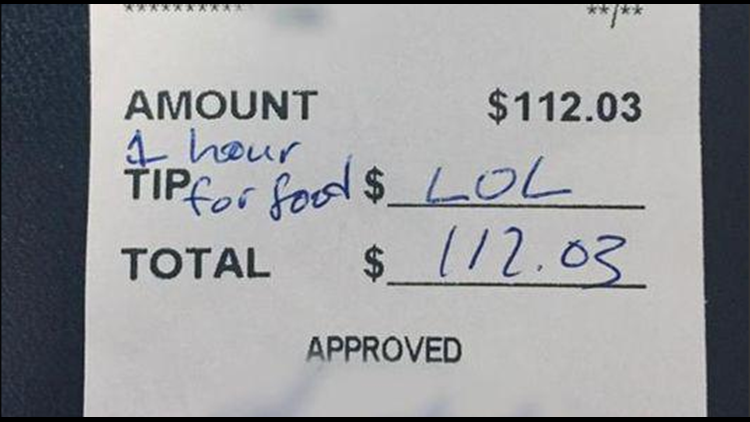




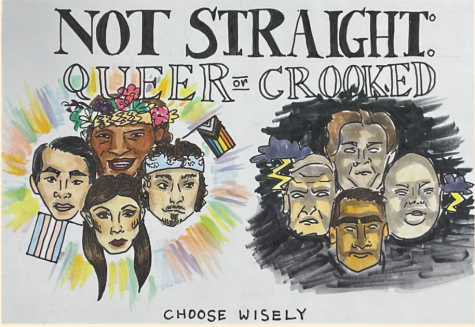



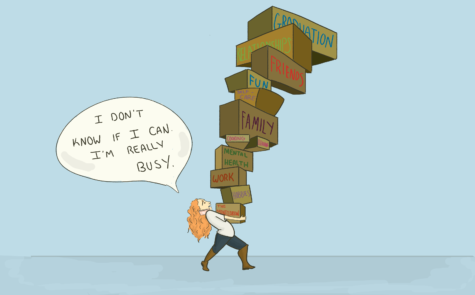

Will Saunders • Feb 6, 2023 at 6:47 am
I always give a nice tip. First of all, I know some people are crappy tippers, so I do my part to make up for it. Secondly, some people blame problems on the server that aren’t always the server’s fault. But people make the server suffer by giving a small tip or no tip at all. I always budget for the tip when I’m planning my night out.